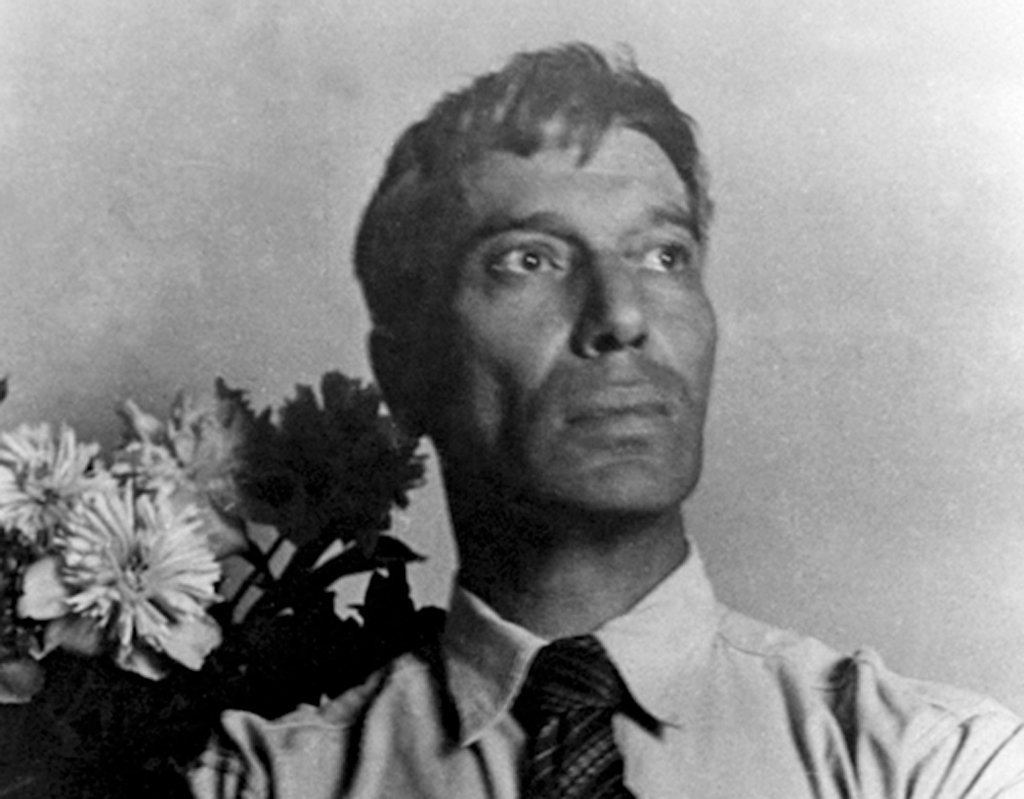Ecstasy and Turmoil

From Ploughshares:
Boris Pasternak is best known for writing Doctor Zhivago, a novel which documents these years of national upheaval through the eyes of a poet and physician. Like his eponymous character, Pasternak was famous in his native Russia for his verses.
The end of the novel sees the fictional Zhivago’s poems laid out for readers. Thematically, they cover love, death, and religion. The most moving are the ones that relate to Zhivago specifically, often written in first person. These poems communicate the disorienting effects of the revolution and its aftermath on the daily lives of Russian citizens through the experience of Zhivago and his beloved Lara.
On paper, these poems are neat, brief, four-line stanzas with simple titles like “White Night,” “Autumn,” “A Winter Night,” “Separation,” and “Dawn.” Many of them serve a practical purpose—to chart narrative events in the novel such as Lara’s leaving Zhivago and the town of Varykino and the doctor’s subsequent hours spent alone there, writing and longing for her return.
One such poem is the rhapsodic “White Night” in which Zhivago imagines himself and Lara as two lovers sitting on the windowsill looking out at the newly arrived daylight. They can still hear the nightingale’s song:
The crazy trilling surges, rolls,
The voice of the little homely bird
Awakens ecstasy and turmoil
In the depths of the enchanted wood.
The bittersweet tone of regret and specific references to the nightingale bring to mind a brief scene from Shakespeare’s Romeo and Juliet, in which the titular pair lovingly banter over the time of day based on what birdsong is heard outside.






